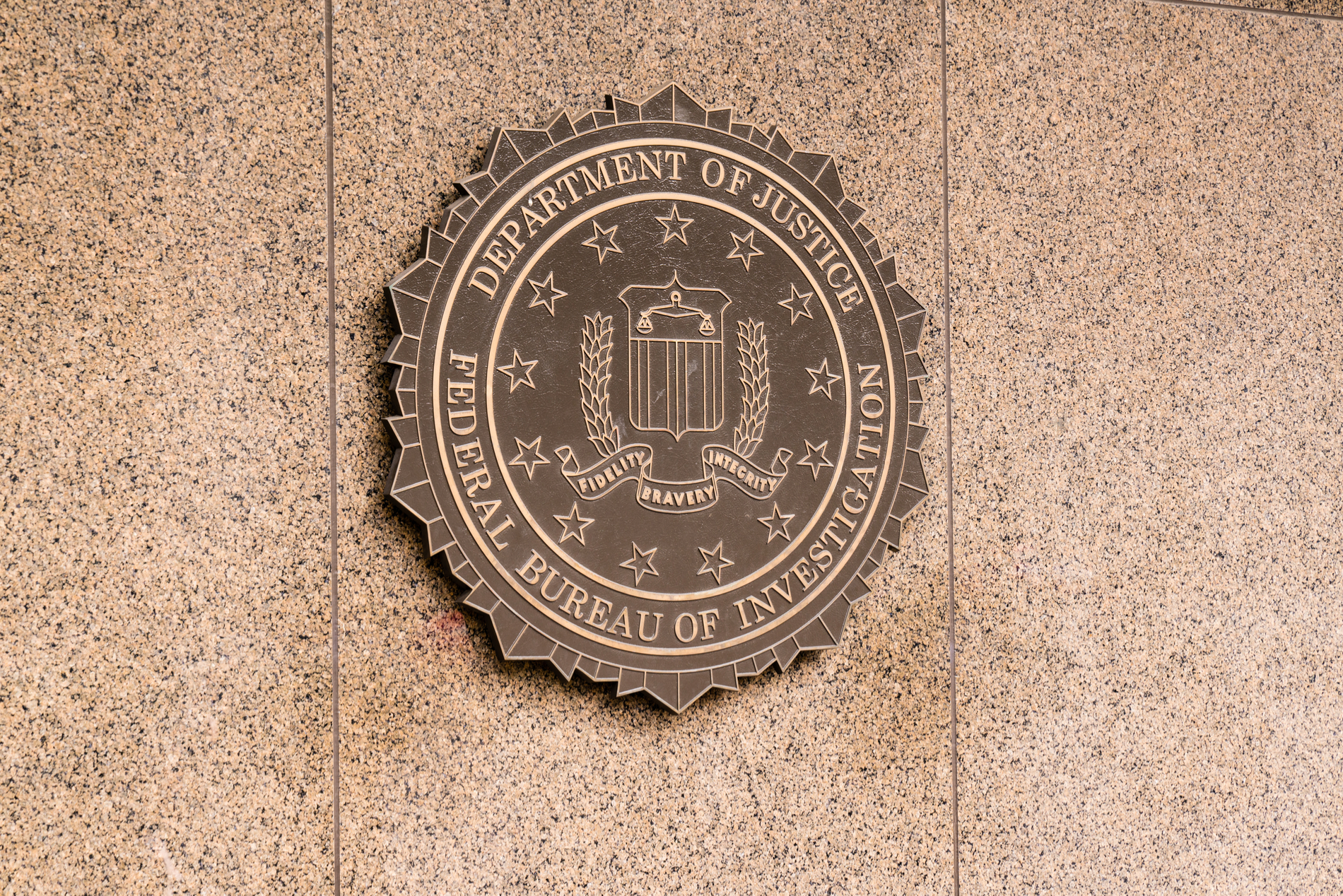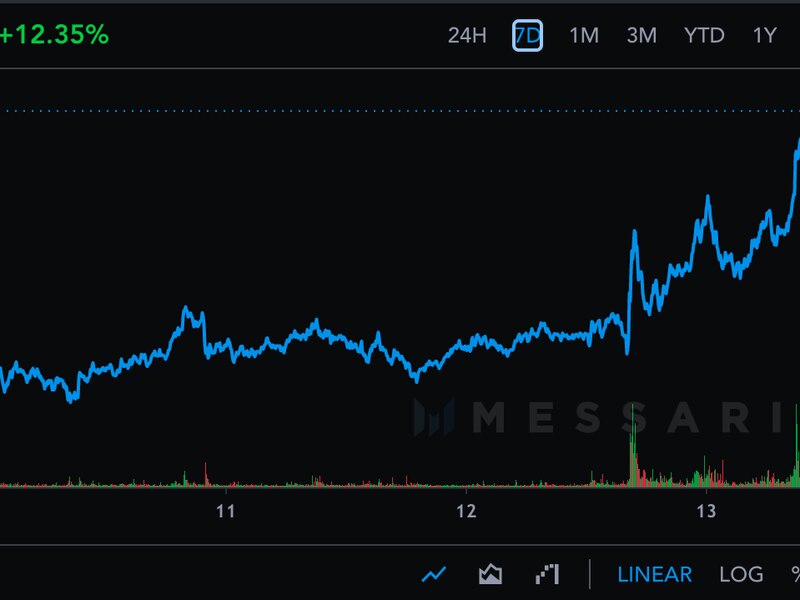Coinbase’s Attempt to End SEC Lawsuit Should Be Rejected, U.S. Regulator Argues
-
The Securities and Exchange Commission filed a motion asking that a federal judge rebuff arguments from crypto exchange Coinbase.
-
The debate hinges on how the judge might decide the proper way for interpreting the key precedent in securities law known as the Howey test.
U.S. regulators argued Tuesday that Coinbase Inc.’s attempt to toss out the securities law violation it faces should be rejected, asserting the crypto exchange’s justification contains “fatal flaws.”
The Securities and Exchange Commission (SEC) sued Coinbase (COIN) in June, saying the U.S.-based company failed to register as a securities exchange with the markets regulator. Coinbase has tried to get that case dismissed, asking the judge to make a pre-trial ruling that crypto changing hands isn’t the same as an investment contract.
That should be ignored, the SEC said in a filing Tuesday. At stake is the court’s eventual interpretation of who is getting the so-called Howey test right: Coinbase, with its narrower view, or the SEC, which says Howey is meant to be flexible and widely interpreted when it defines a security that must be regulated by the SEC.
“This case turns on whether Coinbase intermediated transactions in ‘investment contracts’ and whether customers on Coinbase’s trading platform therefore were entitled to the protections afforded by the federal securities laws that require intermediaries of securities transactions to register with the SEC,” the regulator said.
Coinbase has argued that crypto trades don’t meet this definition of an investment contract, because no actual contract is established in a transaction.
“No court ever has held a formal contract is a prerequisite,” the SEC argued in its motion.
Coinbase’s chief legal officer, Paul Grewal, called the SEC’s contentions “same old, same old” in posts on X.com, the site formerly known as Twitter.
“The assets we list on our platform are not securities and are not within the SEC’s jurisdiction,” Grewal said. “Court decisions over the past several months have made that plain.”
The SEC has a different view.
“To distract from the fatal flaws in its legal arguments, Coinbase cries foul and seeks to blame the SEC for its current legal predicament,” the SEC said Tuesday. “It contends the SEC blessed Coinbase’s violative conduct when Coinbase went public, that SEC Chair Gary Gensler’s answer to a question at a Congressional hearing (which Coinbase distorts) controls this Court’s application of the federal securities laws, and that the SEC in any case lacks authority to regulate securities transactions that involve crypto assets.”
The U.S. securities regulator also pushed back on the argument that just because the agency allowed Coinbase to go public wasn’t an automatic endorsement that the trading on that platform conformed to securities laws.
“This lawsuit cannot really come as a surprise to Coinbase. It has known all along that a crypto asset bought and sold on its trading platform is a security if it meets the Howey test,” the court ruling that clarified the legal regime around what is and isn’t an investment contract.
UPDATE (October 3, 2023, 22:13 UTC): Adds response from Coinbase’s chief legal officer.
Edited by Jesse Hamilton.









